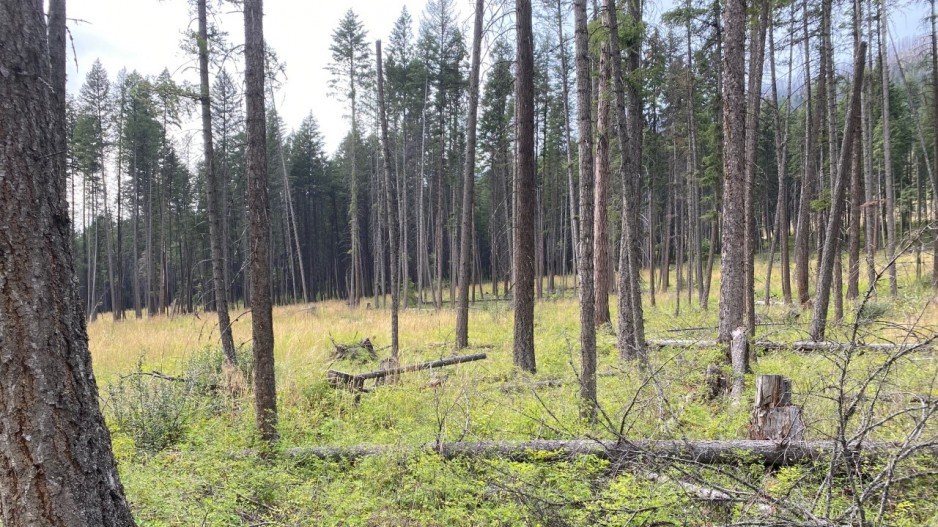The B.C. government is responding to a plea from B.C.'s pulp and paper sector to increase access to fire damaged trees.
"A new approach to provincial forestry agreements will lead to faster action on harvesting areas damaged by wildfire, provide more timber for mills and set up faster reforestation through the leadership of First Nations," the B.C. Ministry of Forests said in a press release.
New Wildfire Salvage Opportunity Agreements (WSOA) will allow for direct award of forestry licences to First Nations for salvaging timber damaged by wildfire.
"B.C. has experienced record-breaking wildfires in recent years," said Forests Minister Katrine Conroy. "We are working in partnership with First Nations and the forestry industry to accelerate salvage of fire-damaged timber in these areas, supporting jobs at mills and enhanced forest regrowth.
"We have heard loud and clear from First Nations that they want more opportunities to participate in forestry. New Wildfire Salvage Opportunity Agreements are another step in our journey to advance reconciliation in the sector."
A number of pulp and paper mills in B.C. have been curtailed, and lack of fibre is one of the challenges they have faced. The BC Pulp and Paper Coalition warned in October that two to three more pulp mills in B.C. could go down by the end of this year, if the supply of fibre isn't increased. The coalition estimated there is a fibre supply deficit of about four million cubic metres.
The closure of sawmills in recent years has contributed to the fibre supply shortage, since pulp mills rely on sawmills for wood waste in the form of chips and shavings. But there is a lot of harvest waste still being left in the forests from logging operations that could supplement the fibre supply, and fire-damaged timber could also provide some fibre, both to sawmills and pulp and pellet mills.
In 2021 alone, wildfires affected 864,000 hectares of forest. The Ministry Forests said it expects only 5% of that was expected to be salvaged this year. Licences issued under the new agreements with First Nations will be short-term -- one to three years. Typical harvest timber volumes will be 2,000 to 50,000 cubic metres, the ministry said.
Joe Nemeth, manager, BC Pulp and Paper Coalition, applauded the new streamlined salvage agreements.
"Having a streamlined, province-wide program will provide multiple benefits," he said. "This includes the environment, as new healthy forests sequester carbon, create oxygen and provide important habitat for wildlife.
"The WSOAs will also be an important step to achieving the province's goal of higher utilization ... by converting dead, decaying trees into fibre supply that will keep mills running to provide thousands of family-supporting jobs in rural communities across the province."




